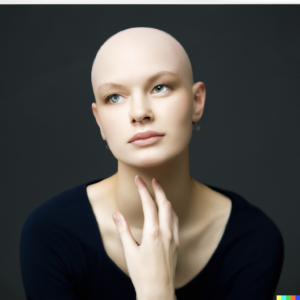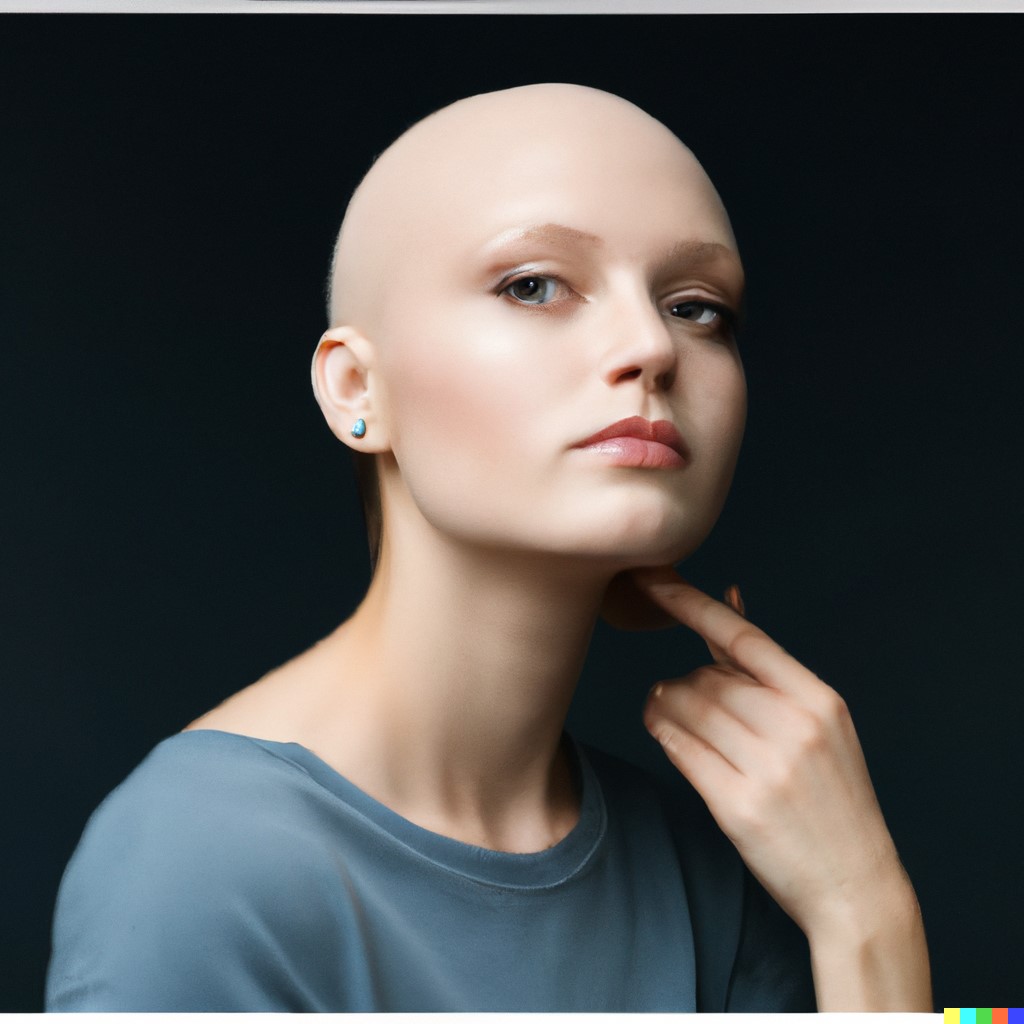Alopecia Universalis: When Hair Loss Knows No Boundaries

Hair is a defining aspect of our identity, and the sudden loss of it can be a profound and challenging experience. Alopecia Universalis is a rare and extreme form of hair loss, leaving individuals without any hair on their entire body, including the scalp, eyebrows, eyelashes, and all other body hair. In this article, we will delve into the world of Alopecia Universalis, exploring what it is, its causes, symptoms, and potential ways to cope with this unique condition.
What is Alopecia Universalis?
Alopecia Universalis, often simply referred to as AU, is an advanced form of Alopecia Areata. Alopecia Areata is an autoimmune disorder in which the immune system mistakenly attacks hair follicles, leading to hair loss. In the case of Alopecia Universalis, the immune system’s assault on hair follicles is so severe that it results in complete hair loss on the entire body.
Causes and Underlying Factors
The precise causes of Alopecia Universalis, like other forms of Alopecia, are not yet fully understood. However, the condition is believed to have an autoimmune basis. It occurs when the immune system erroneously identifies hair follicles as foreign invaders and launches an attack on them. This immune response disrupts the natural hair growth cycle, causing hair loss.
Genetic factors may also play a role in the development of Alopecia Universalis. Individuals with a family history of autoimmune conditions or hair loss disorders may have a higher risk of experiencing this form of hair loss.
Symptoms of Alopecia Universalis
The most apparent symptom of Alopecia Universalis is the complete absence of hair. This hair loss extends to all areas of the body, including the scalp, face, and body hair. Individuals with AU do not have eyebrows, eyelashes, or any other body hair, such as arm or leg hair.
While hair loss is the primary symptom, individuals with Alopecia Universalis often do not experience other physical symptoms or discomfort. The condition is primarily cosmetic and emotional in nature.
The Emotional Impact
The emotional and psychological impact of Alopecia Universalis can be profound. Hair is a significant part of our self-image, and its sudden and complete loss can lead to a significant loss of self-esteem and self-confidence. Individuals with AU may experience feelings of self-consciousness, embarrassment, and depression.
Seeking emotional support, such as counselling or joining support groups for individuals with Alopecia, can be a crucial part of coping with the emotional challenges of the condition. Connecting with others who understand their experience can provide solace and a sense of belonging.
Coping with Alopecia Universalis
Coping with Alopecia Universalis is a journey that requires a combination of emotional support, self-acceptance, and, for some individuals, cosmetic solutions. Here are some strategies for managing the condition:
- Emotional Support: Seeking emotional support from mental health professionals, support groups, or friends and family can help individuals cope with the emotional impact of hair loss.
- Cosmetic Solutions: Some individuals with Alopecia Universalis choose to use wigs, hairpieces, or scarves to manage the cosmetic aspects of the condition. These solutions allow them to regain a sense of normalcy and self-confidence.
- Self-Acceptance: Embracing one’s uniqueness and focusing on qualities beyond physical appearance can be a powerful way to build self-esteem and self-acceptance.
In conclusion, Alopecia Universalis is a rare and extreme form of hair loss characterized by the complete absence of hair on the entire body. While it presents unique challenges, there are ways to manage the condition and seek support to cope with its emotional impact. Understanding the causes, symptoms, and available coping strategies is the first step toward empowerment and self-acceptance for individuals living with Alopecia Universalis.

